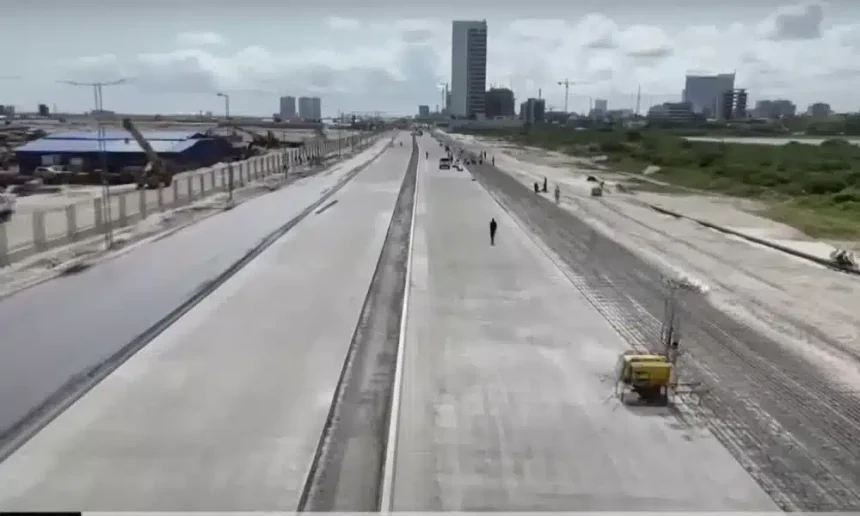The Federal Government has reaffirmed its commitment to the ongoing construction of the 700km Lagos-Calabar Coastal Highway, despite multiple court cases initiated by aggrieved landowners.
Minister of Works, David Umahi, addressed these concerns during a press briefing in Abuja, insisting that the N15.36tn project, set to be built on concrete pavement, has adhered to all necessary legal and procedural requirements.
Since its inception in March 2024, the coastal highway has been controversial, particularly regarding the government’s compensation to property owners affected by the project. Umahi disclosed that 750 houses on the highway’s path have been marked for demolition. However, property owners have criticized the compensation offered, claiming it does not adequately reflect their investments.
READ ALSO: Indispensable guide to property developers and off-takers (III)
Olanrewaju Ojo, founder of Leisure Games, expressed his dissatisfaction, describing the N1.3m compensation he received as “ridiculous,” stating that he could generate such an amount in a week.
Stakeholders have also raised concerns about the procurement process for the highway, accusing the government of awarding contracts without transparency. The project, which aims to connect Lagos to Cross River and enhance economic activities along Nigeria’s coastal region, is expected to cost N4bn per kilometer. Contracts for two sections totaling less than 100km have already been awarded at a cost of N2.46tn.
READ ALSO: Lagos-Calabar Coastal Highway Project Launched, Aims to Benefit 30 Million Nigerians
Umahi defended the project’s cost and timeline, although he acknowledged potential delays due to ongoing legal battles. He emphasized that the procurement process had been approved by the Federal Executive Council under the Restrictive Procurement Act and that all environmental and social impact assessments were completed.
The minister also highlighted challenges related to funding and noted that the project is included in the 2023 supplementary appropriation. Despite these hurdles, Umahi expressed confidence in the project’s completion, outlining initiatives to ensure value for money and improve the quality of work through increased oversight.
In his remarks, Umahi reiterated the government’s focus on completing existing projects rather than initiating new ones, citing the need for effective collaboration between federal, state, and local governments, as well as the private sector, to achieve success in the road sector. He praised President Bola Tinubu’s agenda for infrastructure development, stating that it has the potential to significantly improve Nigeria’s road network and boost economic growth.
As part of the ministry’s plans, Umahi announced that four key projects would receive significant budgetary attention in 2025, to complete and commission them by the President.
Despite the challenges, Umahi remains optimistic, citing the introduction of the second phase of the highway development initiative under a Public-Private Partnership scheme as a sustainable solution for financing road projects in Nigeria.



